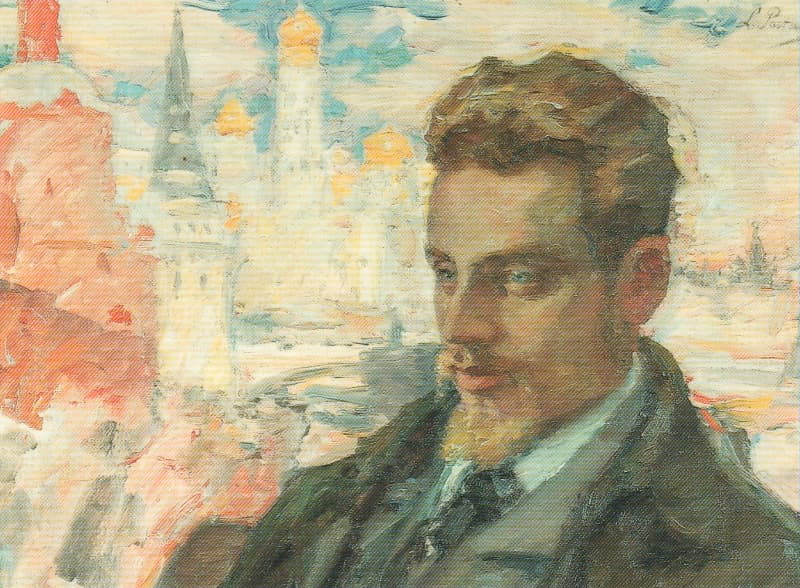Poem of the Day: ‘The Panther’
The sense of Rilke as the center of some powerful understanding of the psychology of modern life has faded. The philosophical madness of the outsider no longer seems a gateway to the modern mind.

Rainer Maria Rilke (1875–1926) occupies a curious place in English-language poets’ sense of their art. Translations of his poetry mattered greatly, for a brief period, but now he seems just another figure from the past. Oh, very good, of course: the author of several works that a poet should have read somewhere along the line. But not a wellspring anymore. Not a live wire. The sense of Rilke as the center of some powerful understanding of the psychology of modern life is as faded as, say, our interest in taking as existential archetypes such figures as Dostoevsky’s Raskolnikov, Rilke’s own Malte Laurids Brigge, or the protagonist writer in Hamsun’s Hunger. The philosophical madness of the outsider no longer seems a gateway to the modern mind.
The loss is real, although it’s hard to quantify. Simply as a matter of style, Rilke is to German literature what Yeats (1865–1939) is to English literature and perhaps Fernando Pessoa (1888–1935) to Portuguese: a writer with some success in late romanticism who made the turn to modernist verse. His “Archaic Torso of Apollo,” “The Duino Elegies,” and “Letters to a Young Poet” are still around, still prompting new English translations. But to grasp why Rilke once seemed to matter so much, it may be worth going back to such early efforts as Jessie Lemont’s 1918 translations. These were not always as good as later efforts would prove, but the effect on English poets was greater. In “The Panther,” for example, Lemont uses the original’s pentameter rhymes to give us the animal in a zoo that had seemed to Rilke so profound.
The Panther
by Rainer Maria Rilke
His weary glance, from passing by the bars,
Has grown into a dazed and vacant stare;
It seems to him there are a thousand bars
And out beyond those bars the empty air.
The pad of his strong feet, that ceaseless sound
Of supple tread behind the iron bands,
Is like a dance of strength circling around,
While in the circle, stunned, a great will stands.
But there are times the pupils of his eyes
Dilate, the strong limbs stand alert, apart,
Tense with the flood of visions that arise
Only to sink and die within his heart.
___________________________________________
With “Poem of the Day,” The New York Sun offers a daily portion of verse selected by Joseph Bottum with the help of the North Carolina poet Sally Thomas, the Sun’s associate poetry editor. Tied to the day, or the season, or just individual taste, the poems will be typically drawn from the lesser-known portion of the history of English verse. In the coming months we will be reaching out to contemporary poets for examples of current, primarily formalist work, to show that poetry can still serve as a delight to the ear, an instruction to the mind, and a tonic for the soul.
